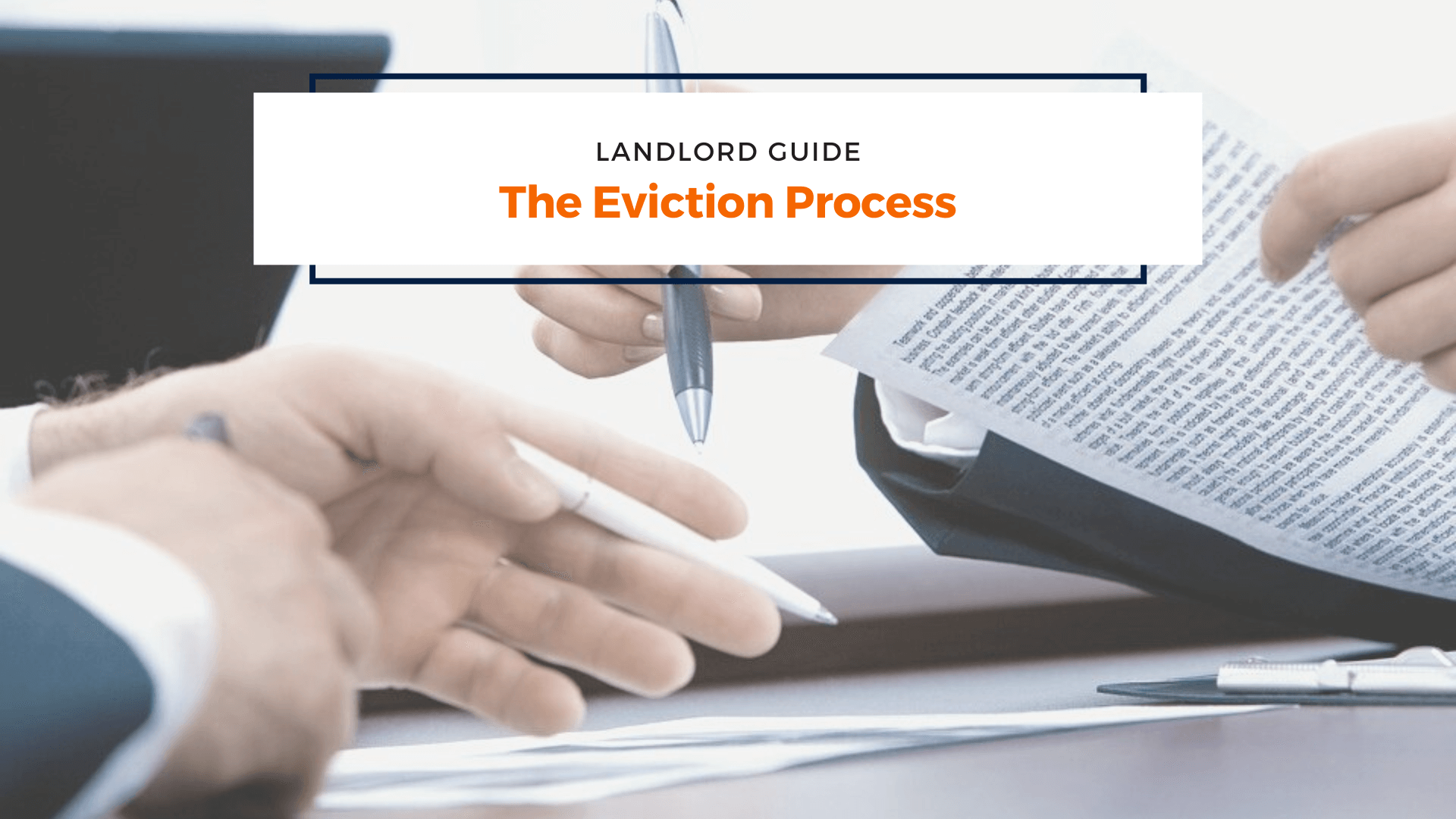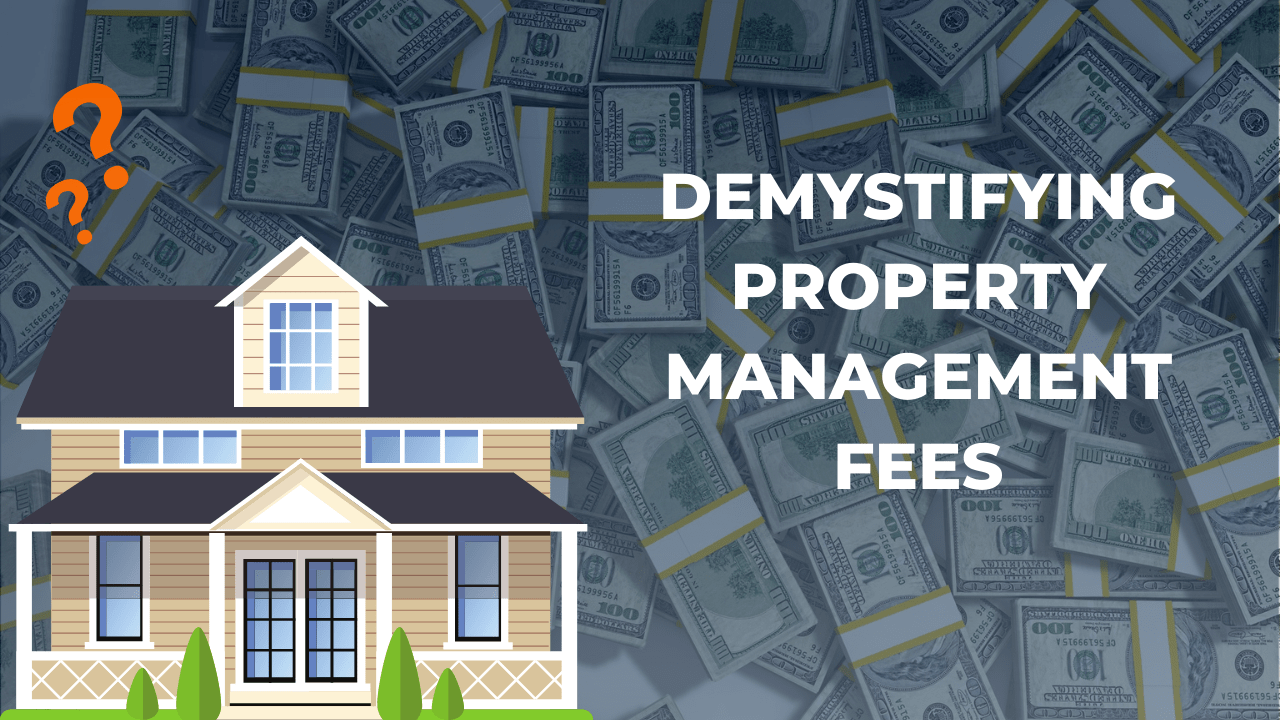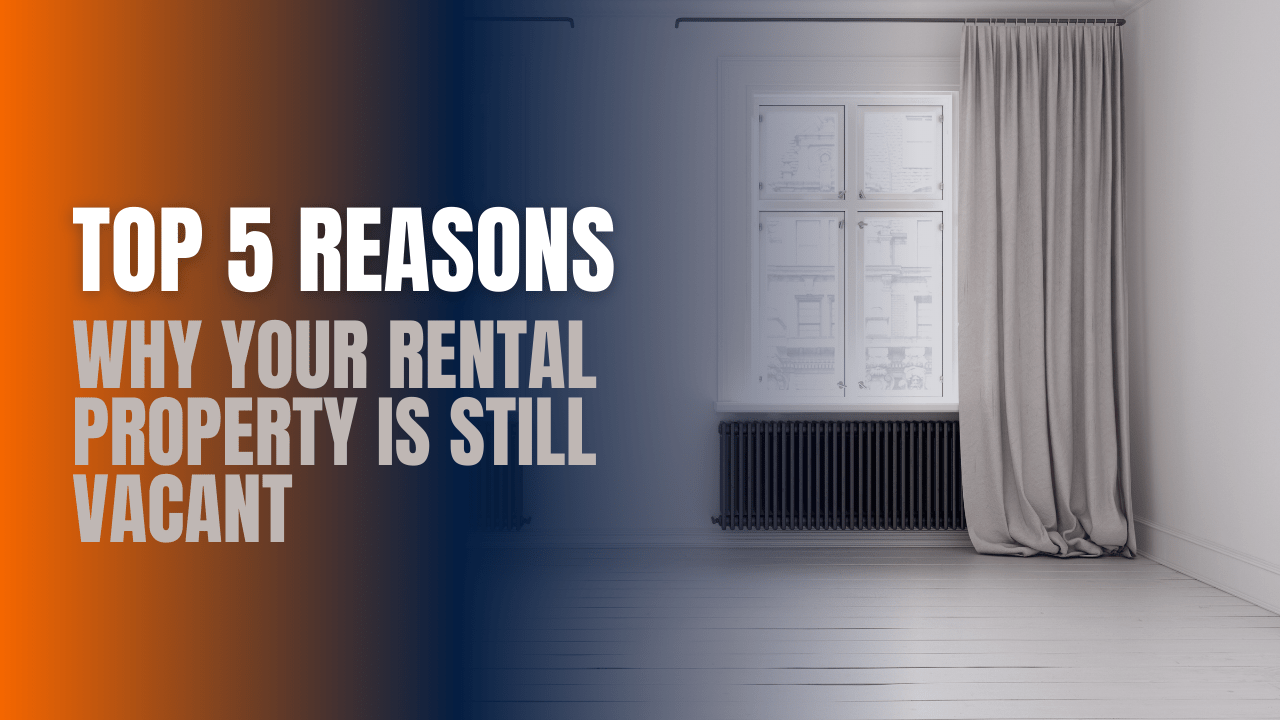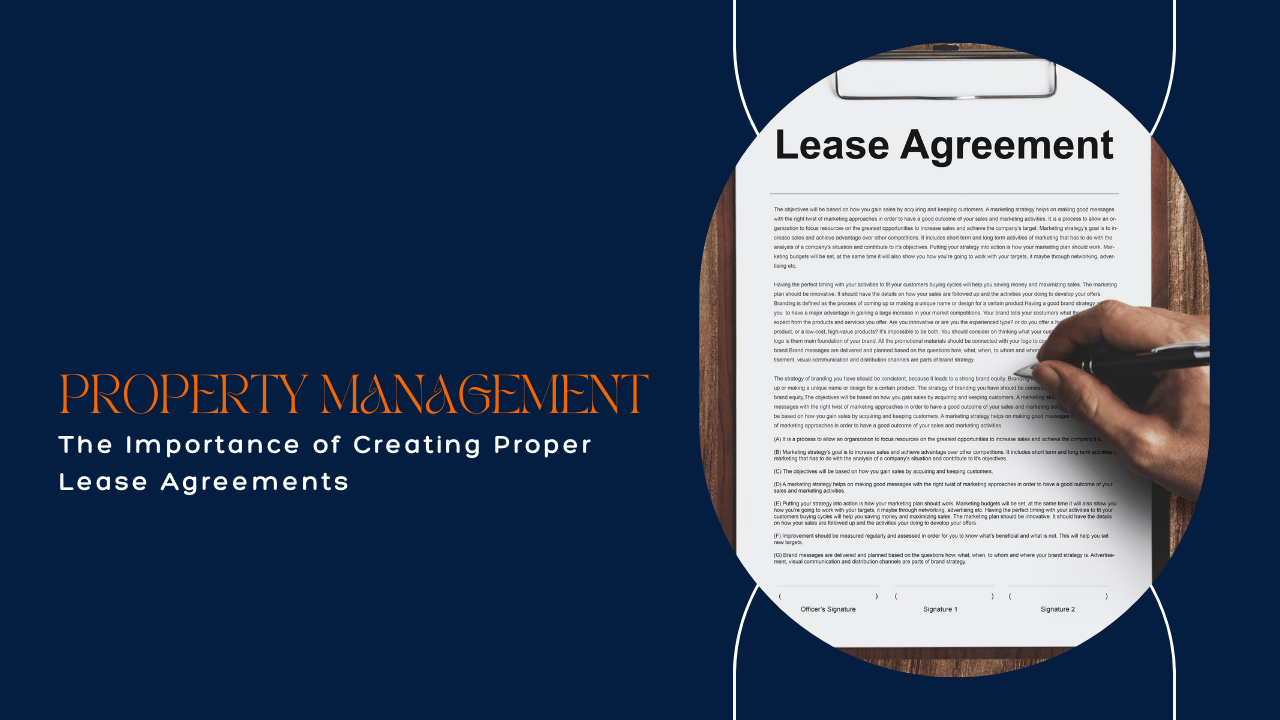Eviction in California can be expensive and time consuming. We recommend that it be avoided whenever possible. A good screening process will help, as well as excellent tenant relationships and a proactive rent collection process. We can help you avoid unnecessary evictions and have a hassle-free rental experience. Contact us at Onyx Property Management, where we serve owners and investors in the entire county, including San Diego, Chula Vista, Oceanside, Carlsbad, and the surrounding areas.
The Eviction Process: What San Diego Landlords Need to Know

In this blog, we want to talk about the eviction process outside of a global pandemic and the current state and county-wide eviction ban. Everything will return to normal one day, and you’ll need to know how to handle a tenant who isn’t paying rent or curing a lease violation.
Your reasons for eviction will impact how the process is handled and whether you need to pay your tenants a relocation fee. Since most evictions in San Diego are filed due to nonpayment of rent, we’re focusing on that process here.
Serve a Three-Day Notice to Pay or Quit
When rent isn’t paid and grace periods have expired, you will start the eviction process with a Three-Day Notice to Pay or Quit. This is a formal letter that you serve your tenants to let them know that rent is late and they have three days to catch up. If your tenants do not pay rent within those three days, they must move out of the
San Diego rental property or face further eviction proceedings.
Usually, you can expect your tenant to catch up with the rental payment because they won’t want the situation to escalate. You may be asked if they can make a partial payment or pay a few days or a week from the date of the notice. How you handle this depends on whether you’re eager to get the tenant out or you’re hoping to keep the tenant in place and ultimately collect the payment.
If you do agree to a payment arrangement, put it in writing and move forward with the eviction process if the tenant does not pay as per the arrangement.
Filing an Unlawful Detainer
After the notice period expires, if the tenant has not paid rent nor moved out of the property, you’ll need to go to court and file for an Unlawful Detainer. This is the official eviction lawsuit, and you’ll have to fill out paperwork, pay a fee, and wait for a court date to be assigned.
Your tenant will receive a Summons and Complaint, as well as a court date. They’ll have an opportunity to respond.
Since court schedules are often busy, many judges will ask the landlord and the tenant to try to resolve the problem before the court date. Sometimes, tenants won’t respond to the Summons and Complaint or show up in court at all. If you’re able to prove that your tenant is in violation of the lease, you’ll get a Writ of Possession. The tenant will have a deadline to move out and if they don’t move out, the sheriff will enforce that Writ of Possession.














